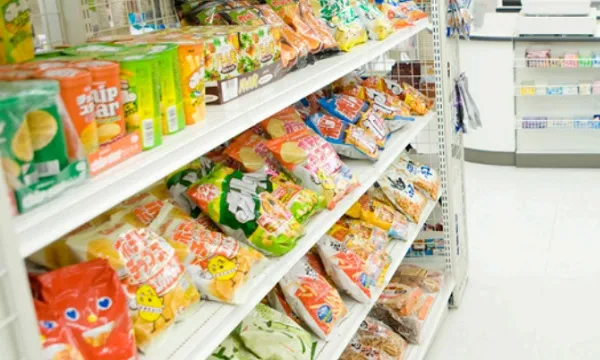
What's driving growth in Asia Pacific's retail industry?
The region’s non-store retailing is expected to be driven by e-commerce.
A large working-age population, a critical mass of highly-educated people, an expanding middle class and modernisation efforts have helped boost consumer expenditure and increasing demand for online retailing and e-commerce in Asia Pacific, according to a report by global market research company Euromonitor International.
“Demographic dividend and fast-paced digital connectivity are key differentiators allowing the region to surpass other countries by paving the way for more innovative accessible services, customised products and experiences as well as creating unique digital marketplaces in the region,” noted senior research analyst Deepika Chandrasekar and research analyst Clare Lee in the report.
For grocery retailers, the expanding urban population and rising disposable income were noted to have driven consumer spending, providing international firms with greater incentive to push investments into the region.
Still, traditional grocery retailers contribute to the majority of the total grocery retailer sales, at 53% in 2019, which has not changed much in the past five years.
Also read: Long work hours, higher income boosts India's convenience store demand
Digitalisation and technology are also found to be the strong growth drivers for grocery retailers in Asia Pacific. Tech startups and companies with strong digital capabilities have provided a boost to the competitiveness of traditional and informal grocery retailers in 2019, the report noted.
Meanwhile, non-grocery specialists in APAC saw a weak growth of 1% in 2019. Despite considerable efforts by specialist retailers to make shopping more experiential and inclusive, consumers remained conservative when spending money.
With this, specialist stores have been adapting new strategies to engage their consumers. AI and technology have been at the forefront of these changes, from boosting convenience to driving hyper-personalisation in-store to target consumers more effectively
On the other hand, mixed retailers recorded a 2% decline in value sales in 2019, largely driven by the slowdown in sales from department stores and mass merchandisers. For instance, AEON Group’s mass merchandising format has been threatened by the emergence of speciality stores and e-commerce players.
“Beauty specialist retailers are drawing customers to their doors through experiential retail—by leveraging technology, customers can receive beauty recommendations tailored to their individual skin type,” Chandrasekar and Lee said.
Further, the future of APAC’s non-store retailing is expected to expand thanks to e-commerce. Online commerce continued to contribute to the majority of sales in the non-store retailing category in the region, far outnumbering traditional non-store channel sales like direct selling and home shopping.
The growing middle class as well as the rapid surge in internet penetration, especially in emerging markets, contributed to this.
Apparel and footwear, and beauty and personal care were the two most popular online product categories in the region in 2019, driven by their relatively low cost compared to big-ticket items.
Below are Euromonitor's top 10 retailers in the Asia Pacific.

Source: Euromonitor International



















 Advertise
Advertise






